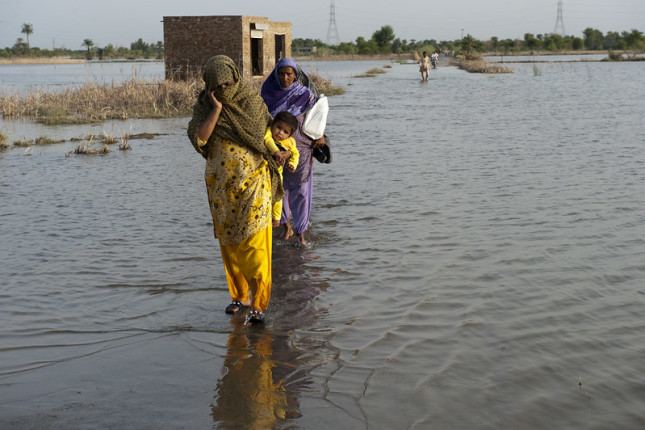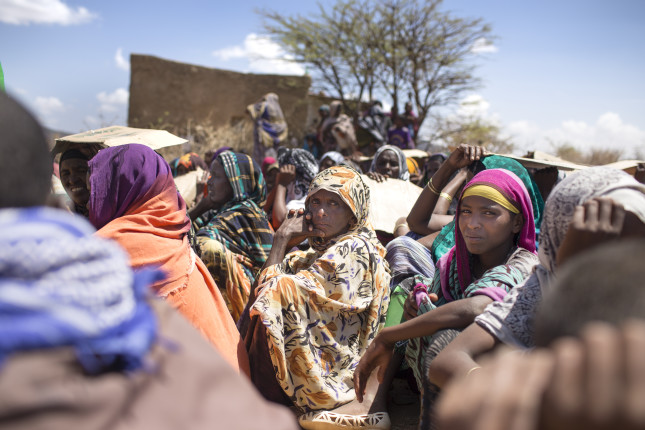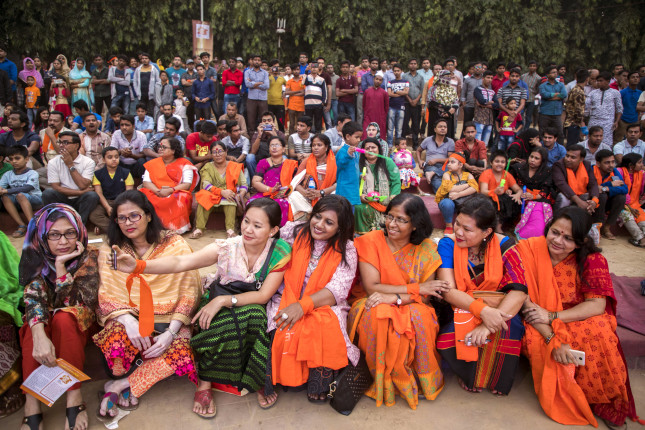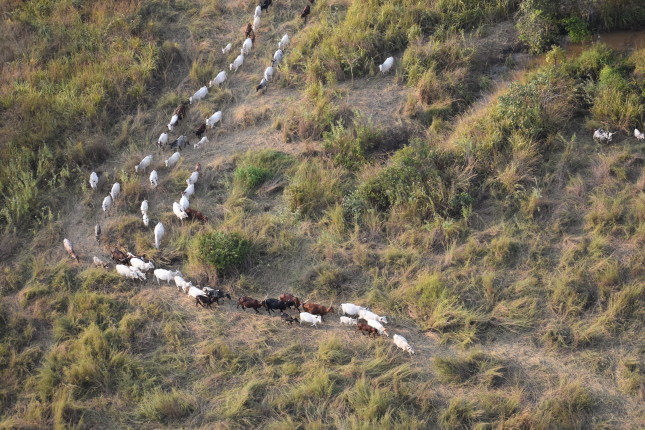-
The Top 5 Posts of January 2020
›
The world’s largest greenhouse gas emitter, China, is projected to fulfill its Paris commitment to reduce the proportion of coal in its energy mix ten years ahead of schedule. However, the country remains the world’s largest producer and consumer of coal, and coal conversion practices are steadily on the rise. In this month’s top post, China Environment Forum’s Richard Liu, Zhou Yang, and Xinzhou Qian track China’s risky gamble on coal conversion.
-
Top 5 Posts of December 2019
›
In our most read post of the month, Adilsonio da Costa outlines the environmental and livelihood risks Timor-Leste citizens face if the government and proponents of a petroleum infrastructure project do not implement environmental protections and follow Timor-Leste’s environmental laws, and dismiss affected communities while continuing to build the project.
-
Multiple Sclerosis and Pregnancy: Terrie Livingston on Overcoming the Misconceptions
› “For me, [multiple sclerosis (MS)] presented itself shortly after the birth of my second son. I had these symptoms; I had this profound fatigue that I didn’t have with my first child,” said Terrie Livingston at a recent Wilson Center event about the growing threat of non-communicable diseases (NCDs) on maternal health. Livingston is the Head of Patient Outcomes and Solutions at EMD Serono, a business of Merck KGaA, Darmstadt, Germany.
“For me, [multiple sclerosis (MS)] presented itself shortly after the birth of my second son. I had these symptoms; I had this profound fatigue that I didn’t have with my first child,” said Terrie Livingston at a recent Wilson Center event about the growing threat of non-communicable diseases (NCDs) on maternal health. Livingston is the Head of Patient Outcomes and Solutions at EMD Serono, a business of Merck KGaA, Darmstadt, Germany. -
Foresight for Action | Improving Predictive Capabilities for Extreme Weather and Water Events in Pakistan
›
Pakistan ranks eighth on the list of countries most affected by extreme weather events (1998–2017 data), according to the 2019 Global Risk Index. With increasing global temperatures, severe weather and water events, like monsoons and droughts, are likely to become even more frequent and extreme in the future. Since the 1960s, Pakistan has observed changes in temperature and precipitation. By the end of the century, Pakistan’s temperatures are expected to be significantly higher than the global average.
-
Safe from the Start: Addressing Gender-Based Violence in Times of Conflict and Crises
›
“As a leader in providing global humanitarian aid, the United States must be a leader in protecting all aid recipients,” said Congresswoman Chrissy Houlahan (D-PA-6) at a recent event on Capitol Hill about gender-based violence in humanitarian settings. A violation against human rights, gender-based violence (GBV) is deeply rooted in gender inequality. It’s a global phenomenon that involves sexual, physical, and/or psychological violence, including child marriage, female genital mutilation, and other harmful practices.
-
The Top 10 Posts of September and October 2019
›
In September and October, the Maternal Health Initiative grabbed the No. 1 spot as Nazra Amin took a look into one of the world’s largest brothels in the village of Daulatdia, Bangladesh. She examined the legality of sex work in Bangladesh, maternal mortality, and barriers to health services among sex workers.
-
How Are We Failing American Women? Alarming Trends of U.S. Maternal Mortality
›
Every day 830 women around the globe die from pregnancy or childbirth-related causes. Almost all of these deaths occur in the developing world, but over the past sixty years this global problem has made waves at home. While worldwide maternal mortality rates are decreasing, the rates are rising in three countries: Afghanistan, Sudan, and the United States. Between 2000 and 2014, the number of women who died in the United States from pregnancy-related causes while pregnant or within 42 days postpartum increased by almost 27 percent, from 18.8 per 100,000 deaths in 2000 to 23.8 in 2014.
-
The Top 5 Posts of June 2019
›
Two of June’s top posts related to conflict and the well-being of a country’s population. In our most-read post this past month, Matt Luizza investigates herder-farmer conflict in Africa’s Sudano-Sahel and urban elites’ increasing militarization of transhumance, the practice of moving livestock seasonally to access available pastures and water. In our third most popular post this month, Wim Zwijnenburg discusses the importance of protecting civilians by protecting the environment during armed conflicts.
Showing posts by Amanda King.


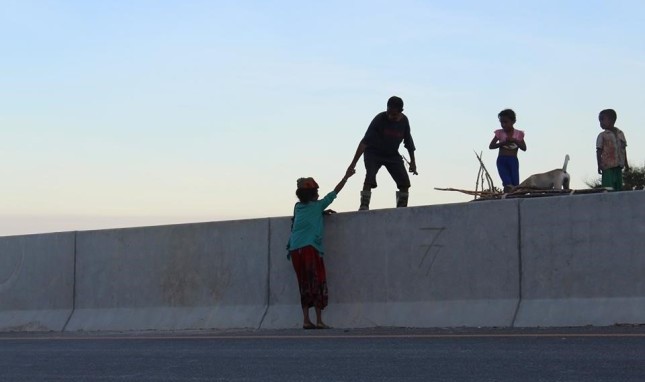
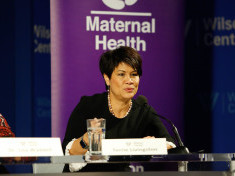 “For me, [multiple sclerosis (MS)] presented itself shortly after the birth of my second son. I had these symptoms; I had this profound fatigue that I didn’t have with my first child,” said Terrie Livingston at a
“For me, [multiple sclerosis (MS)] presented itself shortly after the birth of my second son. I had these symptoms; I had this profound fatigue that I didn’t have with my first child,” said Terrie Livingston at a 